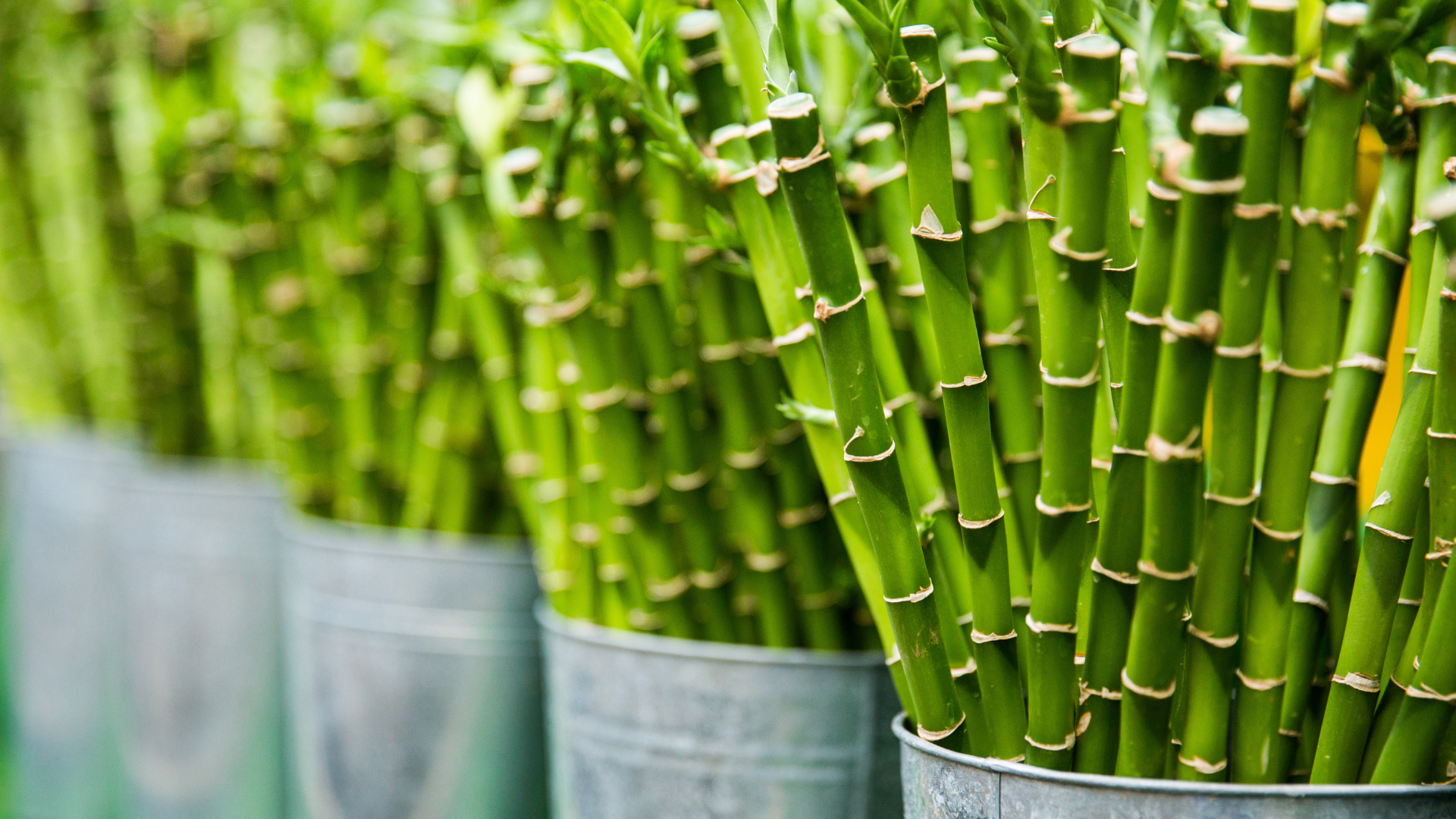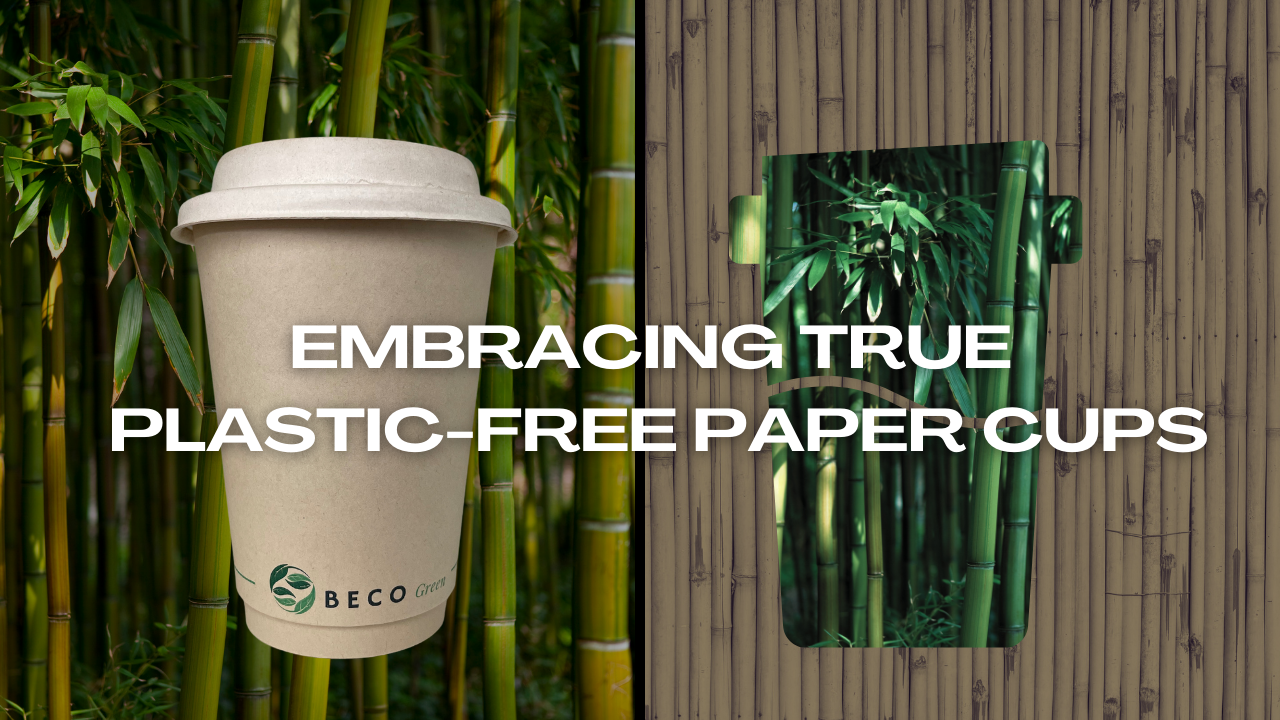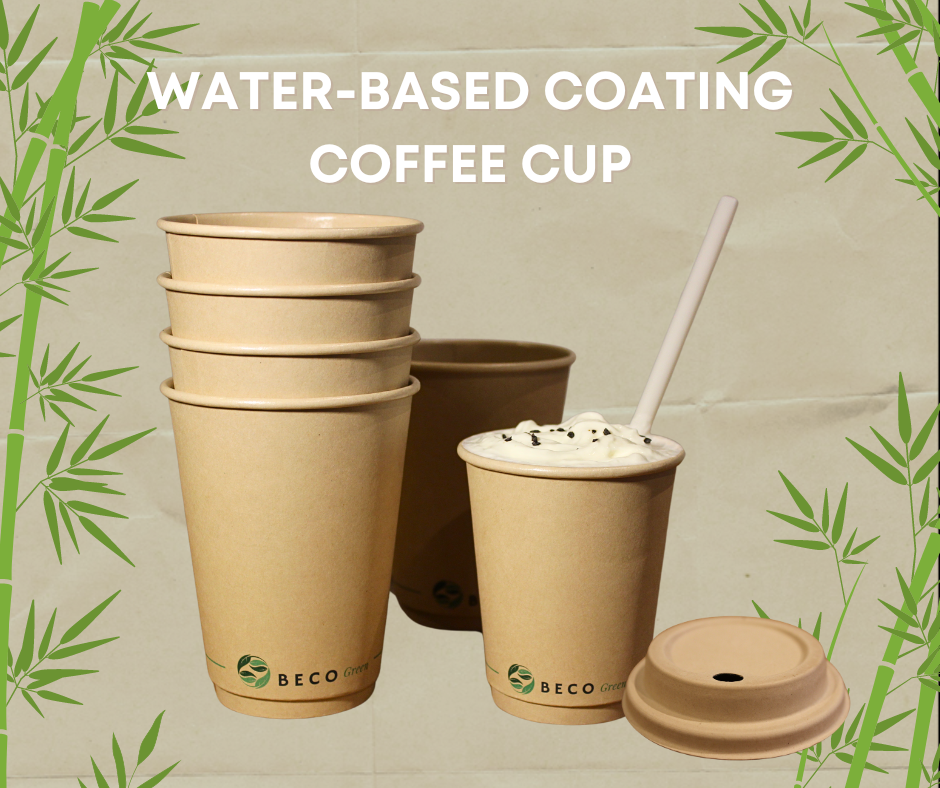Bamboo fiber, a new environmentally friendly material, is being developed as a sustainable alternative to traditional synthetic fibers.
Bamboo is a fast-growing grass that can be harvested for fiber production without the need for pesticides or irrigation. It also requires significantly less water to grow compared to cotton, making it a more sustainable option for textile production.
In addition to being a sustainable resource, bamboo fiber has a number of other environmental benefits. It is biodegradable, meaning it breaks down naturally in the environment, and it has a lower carbon footprint compared to synthetic fibers. Bamboo also has natural antimicrobial properties, making it resistant to bacteria and odors.
Bamboo fiber can be used to produce a wide range of products, including clothing, towels, and bedding. It has a soft, silky texture and is often used as a substitute for silk or cotton.As awareness of the environmental impact of synthetic fibers grows, more companies are turning to bamboo fiber as a sustainable alternative. It is already being used by a number of fashion brands and home goods companies, and its popularity is expected to continue to rise in the coming years.
Overall, bamboo fiber offers a promising solution to the environmental problems caused by traditional synthetic fibers, and its development as a material is a step towards a more sustainable future.
Drawer Title
- Choosing a selection results in a full page refresh.



